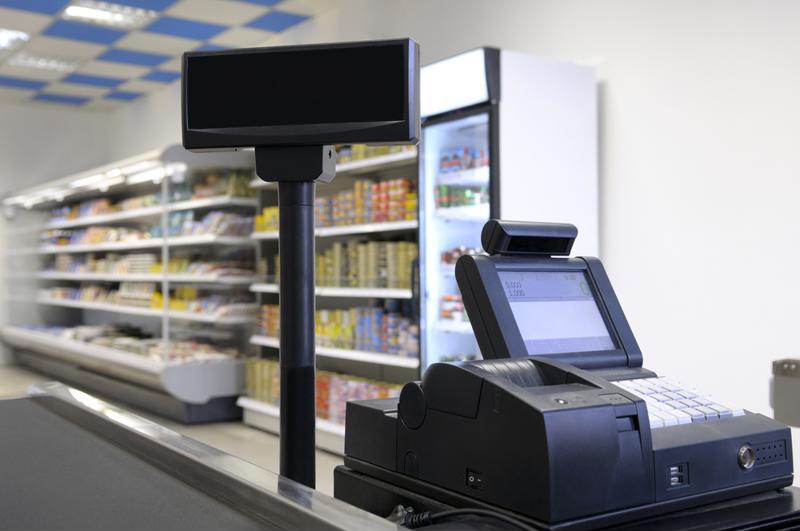From DoorDash to UberEats to Instacart and a litany of other providers, the on-demand delivery service market is a crowded one, as more services jump into the fray seemingly every day. Aware of their popularity among consumers, parent companies are seizing the opportunity as well. Nationwide convenience store franchise 7-Eleven is the very latest to do so.
First reported by The Information, 7-Eleven is the new owner of Skipcart. A white-label delivery startup that offers same-day delivery for businesses beyond restaurants — such as grocery stores, e-commerce providers, pharmacies and electronics shops — Skipcart is similar to other on-demand delivery service companies in relying on everyday individuals to pick up and drop off the merchandise ordered by customers. The drivers make money via tips and delivery surcharges.
Skipcart was valued at $65 million in 2020
In terms of the acquisition itself, very little is known at this point. For example, it's unclear how much 7-Eleven spent in order to acquire Skipcart. The terms and conditions of the deal haven't been made public by Skipcart or the convenience store chain either, but it's likely that the price was in the tens of millions of dollars at the bare minimum, since the San Antonio, Texas-based delivery platform provider had a valuation of $65 million in 2020, the source noted. The company was founded in 2018. Skipcart as a franchise has experienced substantial growth in its four years of operation, with over 2.3 million people providing delivery services for Skipcart, according to the Frequently Asked Questions section of its website. By comparison, DoorDash, which launched in 2013, had roughly 1 million drivers in 2020, based on figures from the Securities and Exchange Commission. Its breadth of drivers allows Skipcart to cover approximately 98% of the United States as well as parts of Canada.

Convenience store chains are taking convenience up a notch by either acquiring or partnering with on-demand delivery platforms. For example, Alimentation Couche-Tard, the Canada-based parent company of the franchise Circle K, collaborated with Food Rocket earlier this year, as Grocery Dive reported at the time. While Food Rocket has brick-and-mortar locations, it's primarily known for delivering buyers' grocery items within approximately 15 minutes of their orders. 7-Eleven and Circle K are competitors — Nos. 1 and 2 in the country, respectively, in terms of establishments — and the belief is this will enable the latter to further expand its influence in the convenience store sphere. However, prior to the acquisition, 7-Eleven had partnered with several other delivery service providers, including Grubhub, Uber Eats, DoorDash, Google and Favor, the latter of which is exclusive to Texas, according to Restaurant Dive. The partnership with DoorDash remains in place, although it's unclear at this point if the acquisition of Skipcart will lead to a parting of ways when the existing contract between the two companies ends.
Although they existed prior to the pandemic, delivery platforms proved to be a lifeline for restaurants during the COVID lockdown, when eateries were forced to close their dining rooms. Delivery enabled food establishments to maintain an ongoing revenue stream. Their success with delivery has led many companies to continue using them.


Post A Comment:
0 comments so far,add yours